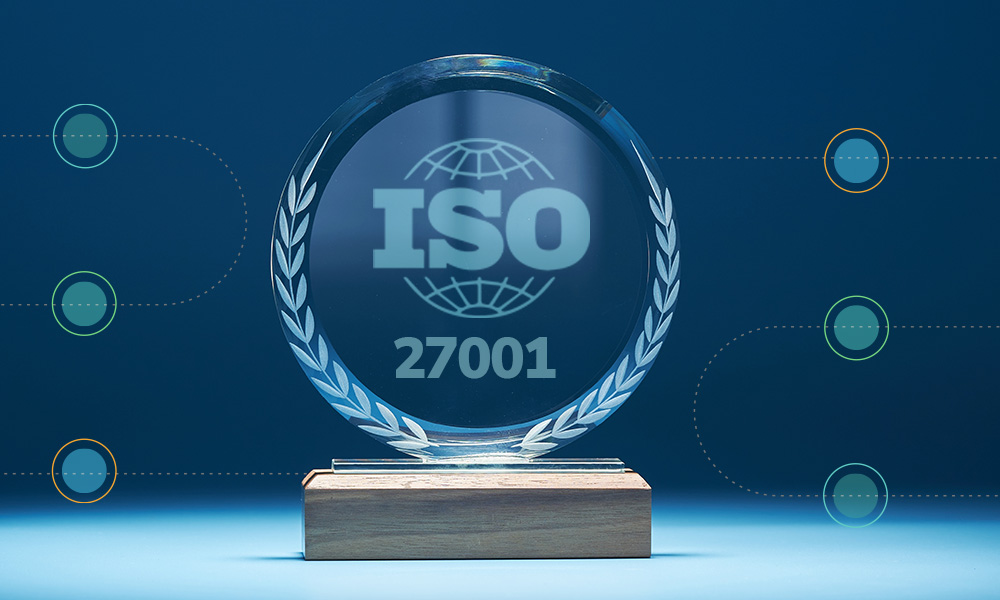GC RTS Consultancy Services
The Gambling Commission (GC) Remote Gambling and Technical Software Standards (RTS)
In order to operate a remote gambling product in the UK, licensed remote gambling operators and software gambling operators are required to conform with the Gambling Commission’s (GC) Remote Gambling and Technical Software Standards (RTS). A key objective of the RTS is to “ensure customers are not exposed to unnecessary security risks by choosing to participate in remote gambling”. To this end, licensees need to meet specific security requirements, which are based on implementing a subset of ISO 27001 Annex A controls. It should be noted that there is no requirement to implement any of the main management system clauses of ISO 27001.
Applicable remote licensees also need to undergo an annual security audit conducted by an independent and suitably qualified auditor. If your organisation needs to comply with GC’s RTS, URM can offer a range of consultancy and assessment services.
RTS Gap Analysis
If your organisation is looking to operate a remote gambling product in the UK and needs to meet the security requirements of the RTS, URM is able to conduct a gap analysis of the security controls you have implemented against the control areas from the Standard. These control areas taken from ISO 27001 cover such topics as information security policies, human resource security, access control, cryptography, physical and environmental security, supplier relationships etc. The focus of the gap analysis will be the controls that are protecting critical systems, e.g., electronic systems involved in processing payment card information or systems involved in the generation of random numbers or communication networks that transmit sensitive customer information. Following the gap analysis, URM will produce a report which will not only detail those areas where your organisation needs to develop or improve your control implementation but also recommendations on how to address any gaps.
Implementation Support
Following your gap analysis, URM can help you with any remediation work particularly in developing policies (e.g., IS Policy and supporting policies), processes and a suitable training programme. Some of the policies and processes may be existing documents which need amending or refining, whereas others may need to developed from scratch. Whichever it is, URM will ensure they are developed with 2 goals in mind. Firstly, they will be tailored to match your culture and style and reflect what you actually do. Secondly, our consultants will ensure that anything produced will fully meet the requirements of GC RTS.
RTS Assessment Services
URM is one of the UK’s most experienced and proficient information security auditing organisations and has been conducting RTS audits for over a decade.. When conducting and reporting on GC RTS audits, URM follows the guidance and advice provided by the GC. As such, the methodology for conducting audits will be based on enquiry, evidence and observation. In terms of observation, this is ideally carried out on site and there is an expectation from the GC, unless particular circumstances dictate, that a number of key controls are audited on site.
The evidence that will be required comprises policies, procedures and documents, such as an IT security policy supported by policies on user access, data backup, change management, cryptographic controls etc. URM will seek to gather evidence on specific audit areas such as network diagrams, software changes, reviews of penetration tests and vulnerability scans, audit log reviews and training records. We will look to conduct staff interviews and walkthroughs with evidence noted for selected processes
When reporting on audit results, URM adopts the same terminology as per ISO 27001 certification audits, i.e., major nonconformities, minor nonconformities and opportunities for improvement. For each control, URM will indicate what evidence was observed and whether your organisation conforms. If it doesn’t, URM will indicate the level of nonconformance. For all non conformances, URM will indicate what needs to be done to remedy the situation.
Get in touch
Please note, we can only process business email addresses.
Why URM?
Track record
URM is one of the UK’s most experienced and proficient information security auditors and has been conducting RTS audits for over a decade and has conducted hundreds of ISO 27001-related audits. URM has an unparalleled track record of assisting over 400 organisations to achieve and maintain certification to ISO 27001 and as such is perfectly placed to not only conduct audits but conduct gap analyses and help organisations remediate any gaps identified.
Assessor Competence
The Gambling Commission requires that the annual security audit is conducted by an independent and suitably qualified auditor. All of URM’s auditors hold one or more of the main recognised qualifications, e.g., ISO 27001 Lead Auditor, Certified Information Systems Auditor (CISA), Certified Information Security Manager (CISM) or Certified Information Systems Security Professional (CISSP). A number also hold the Payment Card Industry Qualified Security Assessor (PCI QSA) qualification. Furthermore, RTS audit reports are all peer reviewed before being submitted.
Achieving optimum balance
If used to remediate any gaps, URM’s goal is to achieve the optimum balance between meeting the RTS control requirements and ensuring the control (e.g., policy, process or other documentation) is tailored to your organisation’s size, culture and business objectives.

ISO 27001 Control 8.17: Why Clock Synchronisation Is Critical for Security and Conformance
Read URM’s blog, where we explore the importance of clock synchronisation for cyber security and resilience, and how to meet the requirements of Control 8.17.

URM’s blog explores Clause 5.1 of ISO 27001, what you must do to meet its requirements, and why leadership & commitment are vital to an effective ISMS.

URM’s blog breaks down the ISO 27001 certification process, the roles of certification bodies and UKAS, what auditors look for during assessments, and more.

URM’s blog examines how ransomware occur, and highlights practical cyber security measures you can implement to reduce your exposure and mitigate security risk.
